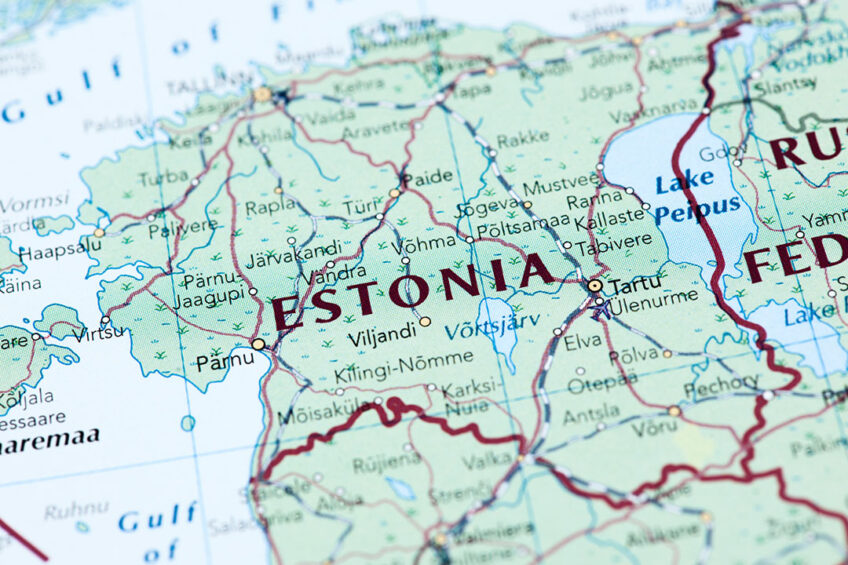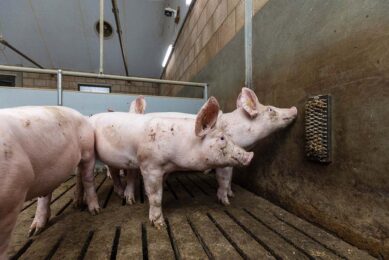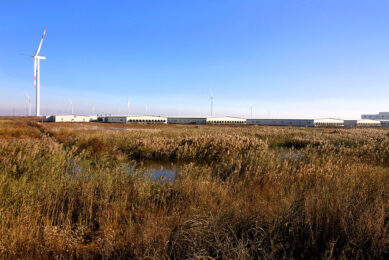As Estonia’s pig supplies fall, creativity is needed

A drop in pork production in Estonia encourages some food companies to invest money in building pig farms to fill the supply chain gaps.
The country’s pig production has been steadily diminishing in the past few years. Anu Hellenurme, chairman of the board of the Estonian Pedigree Pig Breeding Cooperative, estimated in early 2023 that the country produces 50,000 to 70,000 less pigs every year. She assessed that Estonia was no longer self-sufficient in pork, and the gap between production and consumption will increase.
Drop in output
Kaupo Ojavee, production director of HKScan Estonia, a local food producer running several pig farms, warned that with pork prices remaining low in Eastern Europe, pig farming in Estonia was unprofitable. He estimated that farmers suffered losses of around € 0.20 per kg of pork, losing the market to cheap imported products from outside the EU. Ojavee hoped pork prices in the second half of 2023 would increase. Otherwise the country could see a massive drop in output this year.
Creative solutions to deal with pork shortage
Simmo Kruustuk, chairman of the board of local meat company Nõo Lihatööstus told the Estonian newspaper Postimees that the idea of building a pig farm has been brewing within the company for some time and become more real as some farmers curtailed operations in the past few months. “We are not pig farmers, but we can learn quickly and are ready for this [investing in pig production],” said Kruustyuk. “We have been weighing this possibility for a long time, and we cannot rule out that one day Nõo Lihatööstus will have its own pig farm.”
He explained that Estonian pig farmers abandoned this business, making it difficult for the company to source pork in the required quantities. “We are closely looking into what long-term cooperation agreements we can make, and we are ready for cooperation of any kind. This includes the purchase of already operating farms. Building a pig farming business from scratch is difficult and time-consuming”, Kruustuk admitted.
ASF is part of the problem in Estonia’s pig production
Estonian pig farms suspend operation due to various reasons. Some cite poor financial performance, while others are hit with African Swine Fever (ASF). On July 26, an ASF outbreak was registered at the Rakvere Farm in Polva county. The regional veterinary officials said that 9,000 pigs were culled. This was one of the largest ASF outbreaks in Estonia in the past few years.
 Beheer
Beheer








 WP Admin
WP Admin  Bewerk bericht
Bewerk bericht